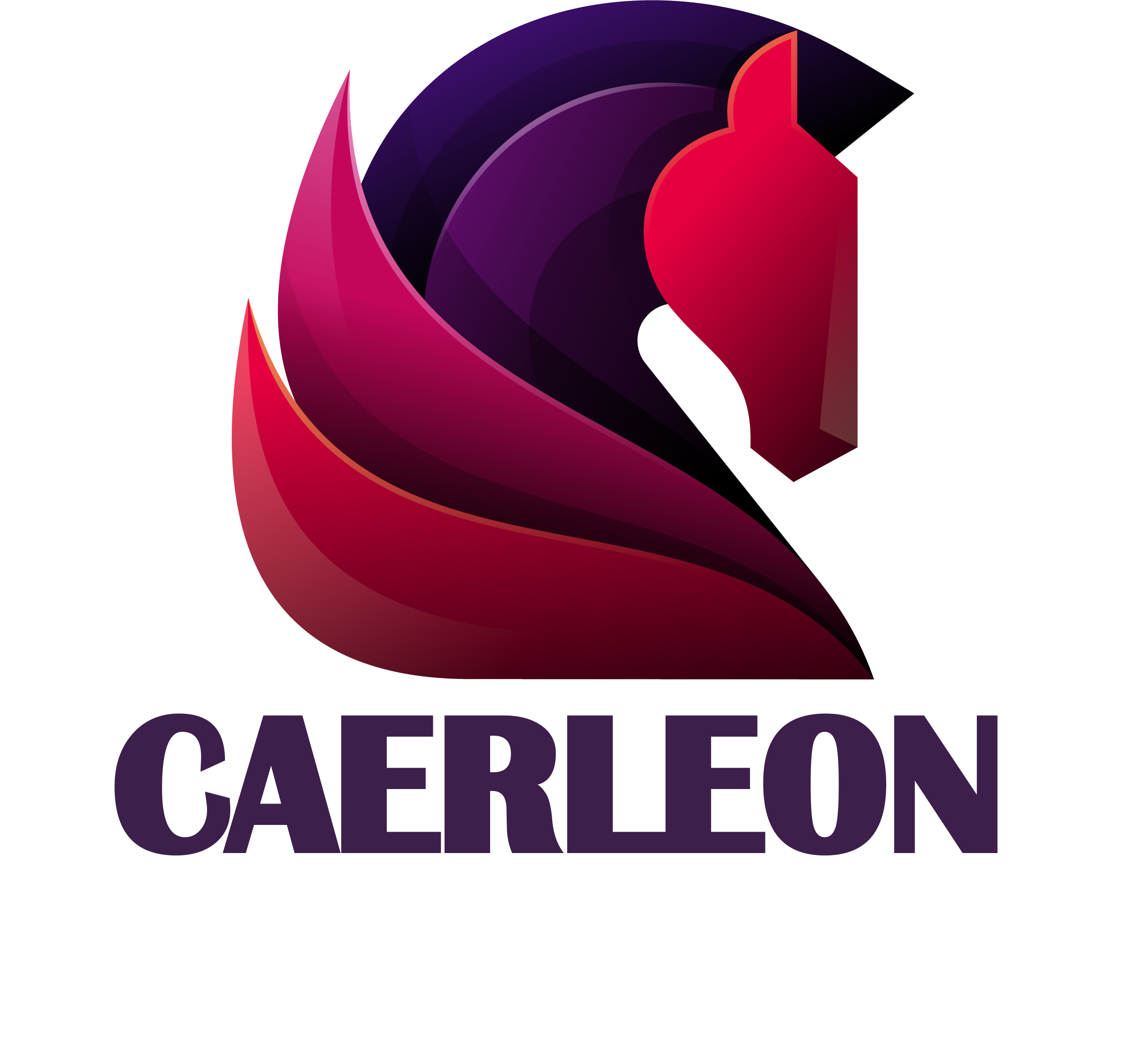Powys County Council explains how user-centred design transformed its residents’ experience of everything from waste services to rate payments
25 February 2022

Powys County Council has an ambitious digital strategy: we’re embracing technology to redesign a whole swathe of our services – from bin collection to fly-tipping reports – around residents’ needs.
Central to our new, user-centred approach is My Account: a digital service for Powys residents to request council services and report issues, as well as track progress of those requests. Through integration with our backend systems, My Account gives users real-time progress updates on their requests. That same integration also allows us to automate answers to users’ common questions, identified through user research, such as ‘When is my bin day?’ and ‘Who is my councillor?’
My Account functions as a single record of all users’ interactions with the council. That integration allows us to tailor users’ experience and save them time. For example, because we hold users’ language preferences in their My Account profiles, we can send automated emails in their language of choice. Using existing data, My Account also prepopulates a lot of form fields, sparing users the effort. Automatic updates on service requests prevent users having to call us for progress reports.
Assisted service
Yet My Account is not an excuse to automate everything and make it more difficult for residents to contact the council. As well as digital self-service, we offer an assisted service, over the phone or face-to-face, for people without internet access or with poor digital literacy. Importantly, this alternative uses the same digital forms and workflow as the digital route, assuring a consistent level of service and keeping all user interactions in the same place.
More recently we’ve added features to My Account such as direct debits for council tax and paperless billing. Ahead lie features that will allow users to evidence a change in rates eligibility and an expansion of My Account to cover licences and housing – all with the aim of creating a comprehensive service akin to online insurance or banking, of the kind we have all become used to.
Minimum viable My Account

So how did we get here? My Account began as a list of interactions that could be transformed into user-centred, end-to-end digital processes derived from user surveys, phone calls, website analytics and first-generation digital form submissions.
We launched My Account as a minimum viable product (MVP – a basic, experimental version) in mid-2017. The MVP let users:
- enter profile information (saving time later with pre-populated forms)
- get automatic updates for a small number of requests
- get information about their bin day and councillor
After users register online for My Account, we ask for their feedback – as we do for many of our new digital processes. The abundant – and welcome – responses have been one of our main sources of insight into user experience of My Account, allowing us to iterate the service (modify it in small stages).
But we also had another source of user research: council staff themselves. Most council workers live in Powys, allowing them to try out versions of My Account in a safe, preproduction environment before we go live. Last, we work closely with customer service staff, who listen to any problems users have with council services. If something is unintuitive, we hear about it pretty quickly.

First iteration
We first iterated the email verification part of My Account registration. Feedback showed us users were confused about having to enter a PIN to verify their identity, so we quickly implemented a different process that simply required users to click a link in an email we sent them.
We added sections (which we called ‘windows’) to My Account for council tax and business rates a couple of years after launch, iterating from users simply being able to view an account to setting up or changing a direct debit. User feedback was very positive but we picked up that residents wanted to request refunds from within the council tax window. We added this feature in 2021.
Also last year we introduced a window in My Account for commercial recycling (trade waste), where customers can see activity in their account and download their contracts and waste transfer notices. Our most recent iteration, again motivated by users, has been the option to switch to paperless billing for council tax and business rates – which also, of course, meets the wider environmental need to cut down on use of paper.
Transformation target
The target for digital transformation was set out in our Vision 2025 Corporate Improvement Plan, which forecast that:
The number of residents with a My Powys Account will have increased from 28,000 to 45,000 by March 2022 and 50,000 by March 2023.
We reached that goal early, with more than 50,000 Powys residents having a My Account by February 2022.
The chart below shows the shift in channel use over time (Aug 2017-Jan 2022) for ordering a new bin or recycling boxes. In the first 18 months after the launch of My Account, we had reduced calls and emails to the council about waste services by 50% and calls forwarded to waste depots by 80%.
We can now, moreover, track online requests by depot in real time to help managers optimise their service and gauge customer satisfaction.

We’ll be making more user-centred improvements to services across Powys County Council in 2022. In My Account specifically, we’ll be introducing a feature to allow users to evidence a change of circumstances affecting their council tax or business rates. We’ll also explore expanding the service with My Licences and My Housing windows – smooth user journeys through all Powys County Council services being our goal.
What’s been your experience of user-centred council services? Let us know in the comments below.
The post ‘When is my bin day?’ How a Welsh council went user-centred appeared first on Centre for Digital Public Services.
